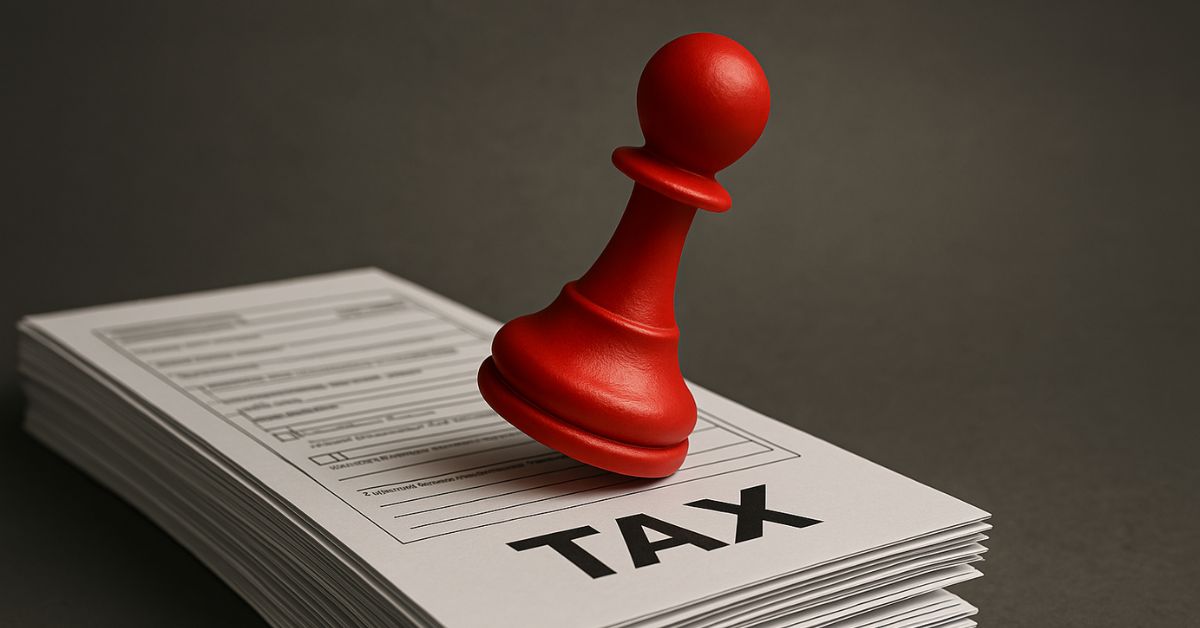Idaho Republicans dominate the statehouse with a supermajority—a political dream scenario that should, on paper, spell sweeping conservative victories. Yet despite their stronghold, Idahoans are still paying income tax, sales tax, property tax, and yes, even that stubborn grocery tax. The Republican leadership has offered modest tax relief here and there—tweaks to the brackets, a few rebates—but the heavy hitters? Untouched.
And while taxes drag on, the state budget continues to balloon.
Contrast that with what’s happening just west of the border. When Democrats seized total power in Washington state, they didn’t nibble around the edges. They got to work fast—passing controversial carbon taxes, income tax on capital gains, and hammering away at Second Amendment rights. Gun bans, “assault weapon” restrictions, magazine limits—it was a rapid-fire rollout of the progressive wishlist.
Idaho, in contrast, feels stuck in conservative cruise control.
So what gives? Why isn’t Idaho’s Republican supermajority using its muscle to truly cut taxes? Why is the grocery tax—a regressive relic—still biting working families at the checkout aisle?
The uncomfortable truth may be this: Unlike Democrats, who rarely shy away from going full throttle when in power, Republicans in Idaho seem hesitant to shrink government. Many in leadership insist they’re committed to “responsible budgeting,” but to grassroots conservatives, that increasingly sounds like code for “we’re not cutting spending.”
Taxpayers are noticing. They voted for a conservative revolution and got a cautious committee hearing. Meanwhile, the budget continues to grow, and the permanent tax relief that many families hoped for remains out of reach.
If the roles were reversed, does anyone doubt Democrats would hesitate to advance their agenda? From Olympia to Sacramento, they’ve proven they don’t.
It’s time to ask: does the Idaho GOP want to be known as the party of limited government—or just the party of slightly slower government growth?
Because at this rate, the only thing shrinking in Idaho might be conservative expectations.

